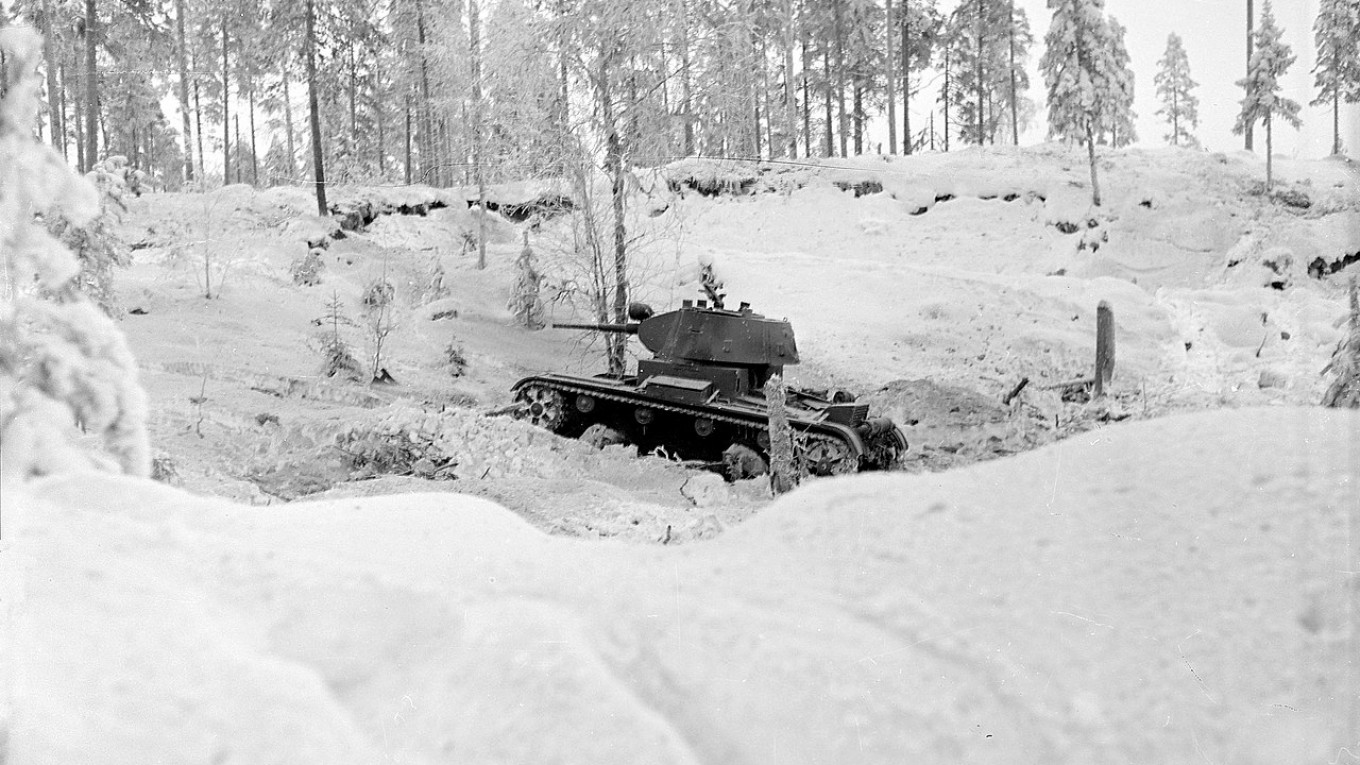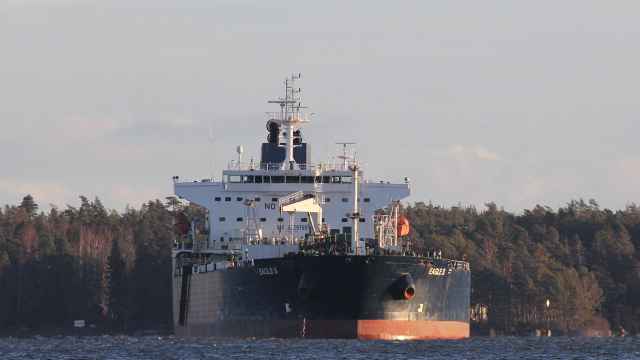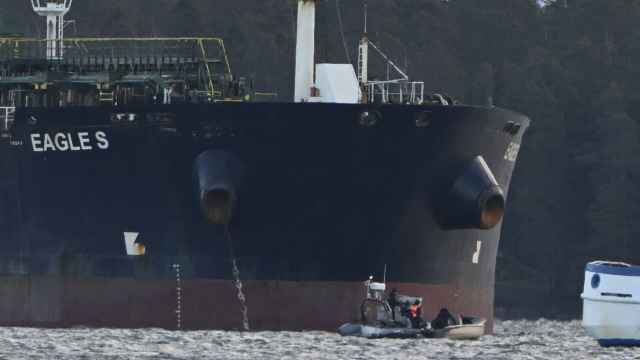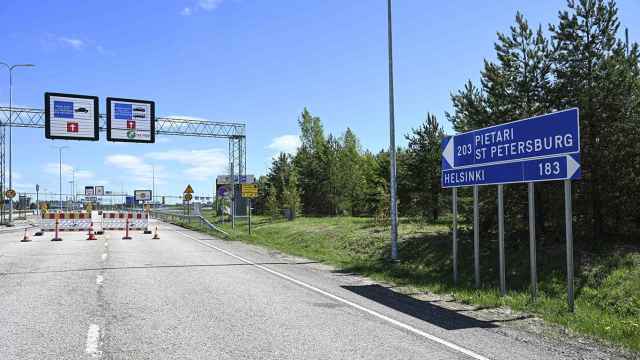Today marks the 80th anniversary of the signing of the Moscow Peace Treaty, an agreement which signaled the end of the “Winter War” between the Soviet Union and neighboring Finland. Although the agreement required Finland to cede 11% of its territory, it was a rare instance of a small country successfully resisting Soviet conquest.
The Winter War broke out on November 30, 1939, when the Soviet Union invaded Finland. The invasion was prompted by Finland’s refusal to recede its eastern border, and (as many believe) by the Soviet Union’s strategic desire to annex the entire Finnish territory.
Finland had long been disputed territory between the Kingdom of Sweden, the Russian Empire, and the Grand Duchy of Finland. Following the 1917 collapse of the Russian Empire, Finland was granted independent statehood, and following a brief civil war became a sovereign state in 1918. By the late 1930s, however, Finland posed a strategic challenge to the Soviet Union; its border lay within miles of the city of Leningrad (modern-day Saint Petersburg), and its ports marked strategic naval points in the Gulf of Finland. Thus, the Soviet Union requested that Finland cede its eastern territories and coastal peninsulas. Finland refused, and the Winter War commenced.
Finland was undeniably the underdog of the Winter War. With far fewer soldiers and resources in comparison to the Soviets, a Finnish loss seemed inevitable. However, fighting on home turf proved an invaluable advantage for the Finns, and through guerilla tactics they were able to beat back the Soviets with remarkable efficiency. Although the war would eventually end with a peace treaty rather than a militaristic defeat, Soviet casualties from the 3-month conflict tallied over 300,000, in comparison to just 65,000 Finnish casualties.
The treaty stipulated that a large portion of Finnish Karelia would be annexed by the Soviet Union, including the city of Vyborg. Karelia remains divided between Finland and Russia.
A Message from The Moscow Times:
Dear readers,
We are facing unprecedented challenges. Russia's Prosecutor General's Office has designated The Moscow Times as an "undesirable" organization, criminalizing our work and putting our staff at risk of prosecution. This follows our earlier unjust labeling as a "foreign agent."
These actions are direct attempts to silence independent journalism in Russia. The authorities claim our work "discredits the decisions of the Russian leadership." We see things differently: we strive to provide accurate, unbiased reporting on Russia.
We, the journalists of The Moscow Times, refuse to be silenced. But to continue our work, we need your help.
Your support, no matter how small, makes a world of difference. If you can, please support us monthly starting from just $2. It's quick to set up, and every contribution makes a significant impact.
By supporting The Moscow Times, you're defending open, independent journalism in the face of repression. Thank you for standing with us.
Remind me later.






